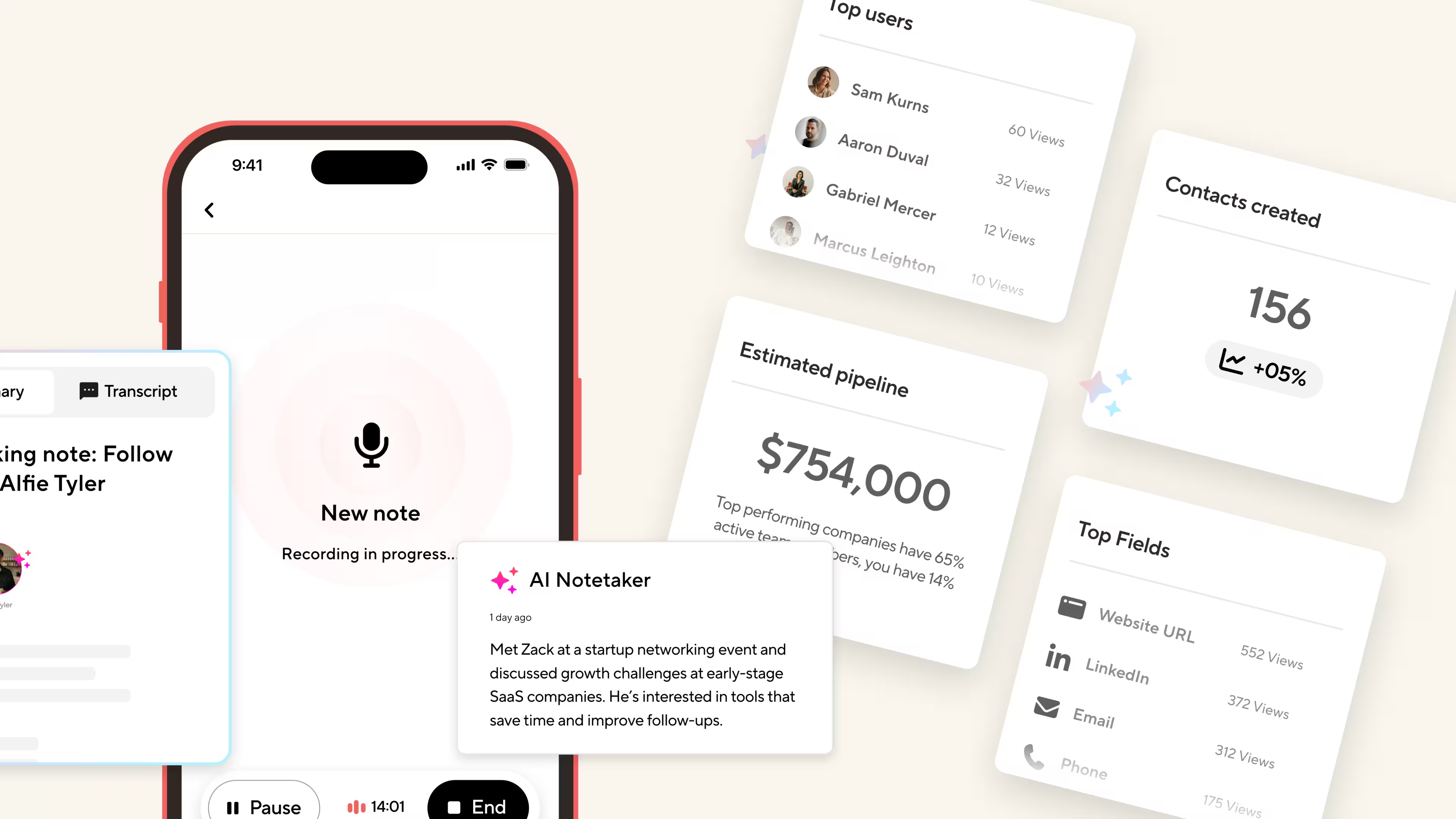Key Takeaways (TL;DR)

If you’re reading this, you’re probably a junior realtor. And that’s ok. The trail to a mountain’s peak starts at its bottom, and all masters started as students. So, here are the seven customer service skills amazing realtors possess.
My first experience with a realtor
First, a story from my own personal experience.
When I bought my first investment property in 2017, I was 26 years of age, I purposefully chose a small, family-owned team, because it was my very first professional interaction as a buyer, and needed a guiding hand—to not just help me with the paperwork—but educate me on things I’m yet to discover. My chosen agent and his team (his wife and one assistant) didn’t believe this B-class property was a good deal, but I insisted, having noticed some serious market trends.
Long story short, I ended up buying a condominium next to UNLV (University of Las Vegas).
I knew the current tenant was paying $600 a month, that they were about to leave the apartment, and if I put about $4k into fixing and furnishing it, I could rent it for $200 more. My agent didn’t believe it’ll rent for $800. Guess what? It did.
For twelve months the property cash-flowed. Then, I wanted to sell.
We found a buyer from California, and everything went smoothly. I bought it for $60k, and sold it for $89k. However, after the paperwork was signed, and money was in escrow, on the very last day of the process, Murphy's law hit me with a pipe leak. And my agent? He was on vacation and uncontactable.
His trusty assistant (who was genuinely superb) was also on vacation. There wasn’t anyone at the firm who could help me or reassure me and he hadn’t put a substitute agent in place. Being a newbie, I freaked out. Now that I’m a bit more experienced, and after the deal did go through, I know I overreacted, but ultimately, the agent could have provided better customer service.
Here’s why.
7 Customer service skills amazing realtors have
1. Setting up an emergency line
Ok, it’s not a skill, but my story emphasizes this perfectly. The feeling of helplessness left a bitter taste in my mouth. It actually made me not want to work with him anymore. Everyone deserves a vacation, and deals happen year-long, but it was his responsibility to have at least one operating member on his team able to respond if/when emergencies (or urgent calls) happen. Don’t be that agent who leaves no one at the helm. Ever.
2. Communication
Clear communication is the backbone of every human interaction, especially in deal-making; and even more so when it involves an emotional purchase carrying a high-ticket price, like a house.
3. Setting expectations
Explain the process, timeline, and what’s required from you and your client for everything to go smoothly. If the commission from smaller deals like mine won’t appeal to you, refer to someone else. If you only specialize in selling homes to families, not condos for investors, say so.
4. Balancing sales and service
Understand the difference between selling and helping. In a perfect scenario—and those happen—these two align. But sometimes, agents can cross the line, mistake the grey zone, and blur the boundaries. If it’s a win for you but not so much for the other sides (seller and/or buyer), then maybe this quick gain (think: fat check) isn’t worth tarnishing your brand over (long-term referrals and reputation).
5. Be transparent
Even at the cost of losing a client. Be radically honest, and tell your client if you know the agent on the other side, how it affects the deal, how much fees and commission are involved, and why.
6. Be empathetic
To be empathetic, you’ll have to employ active listening and go beyond just hearing what is said. You’ll have to understand what is said, and why. Ryan Serhant once shared he was able to sell a mansion to a wealthy person just because he realized, after actively listening, that this home purchase is happening because he’s getting divorced, and as a father, he really cares about the new rooms of his two daughters. So Ryan focused his showings in this instance on homes with unique, spacious, and cozy kid rooms.
7. Be knowledgeable
Being able to educate your clients and guide them throughout the process is key to providing best-in-class customer service. Paradoxically, this can eliminate future complaints—and complaints are what we think about when we say “customer service”. So, let’s call being knowledgeable “preventative customer service”.
Bonus: Know your audience
At the time, five years ago, I thought a realtor is a realtor, without being able to distinguish between different types of agents. I told my agent I am going to lease the property. But in hindsight, my realtor worked with home buyers, or mortgage to own, not mortgage to lease (I paid cash, but it’s the mindset and knowledge we’re talking about), and yet he onboarded me even though he didn’t specialize in what I needed.
Knowing who you serve is the foundation of providing them with quality customer service.
Now that you know to focus on communication, expectations, the difference between selling and helping, transparency, empathy, knowing your audience, and how important it is to set up an emergency line, you’re one step ahead of other agents!
Other things you might be interested in
- A free digital business card to market yourself as a realtor
- Linkedin for Realtors: what to share [with examples]
- File sharing for realtors: 5 tools, 5 tips + 4 best practices



.avif)

